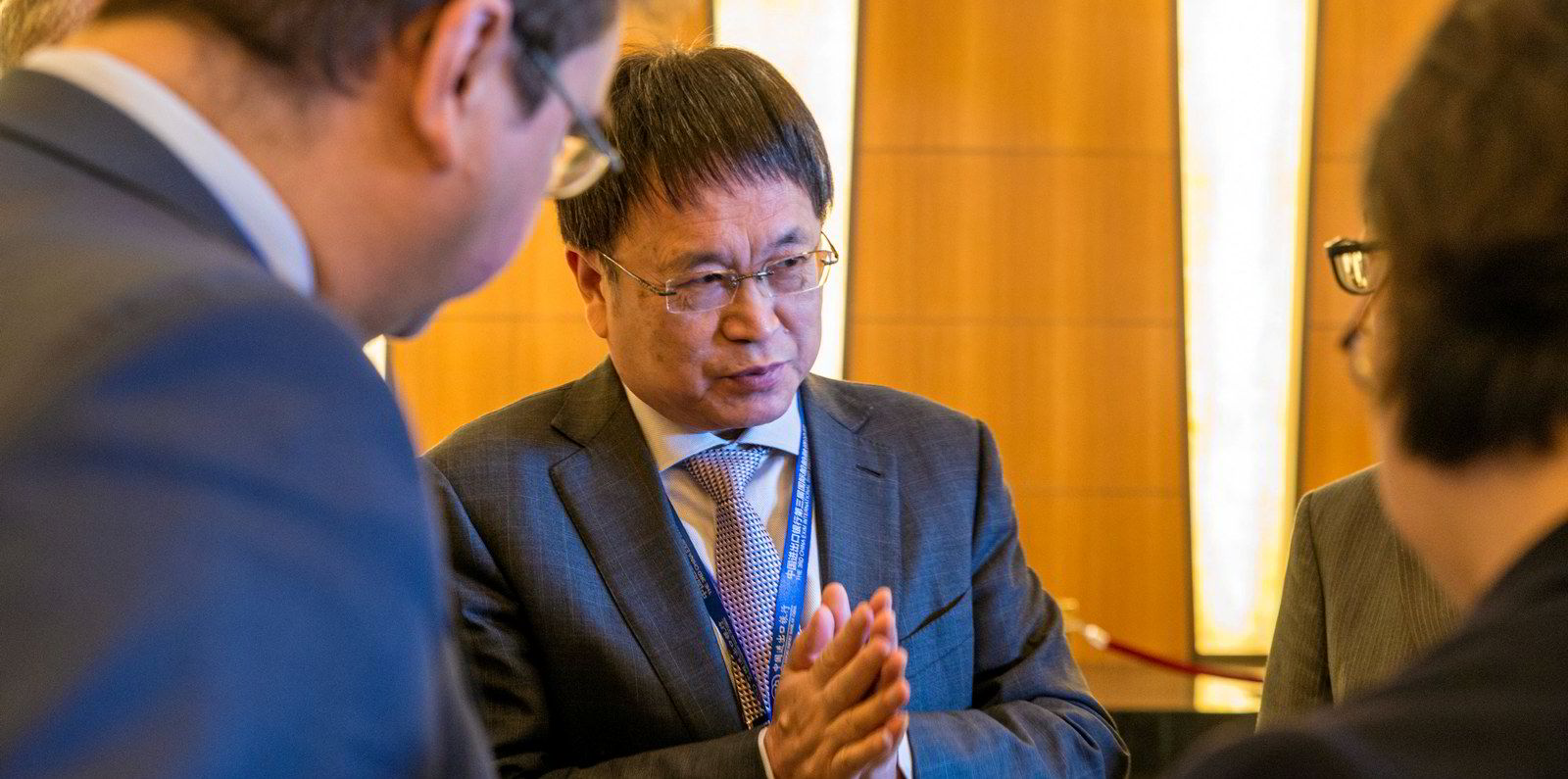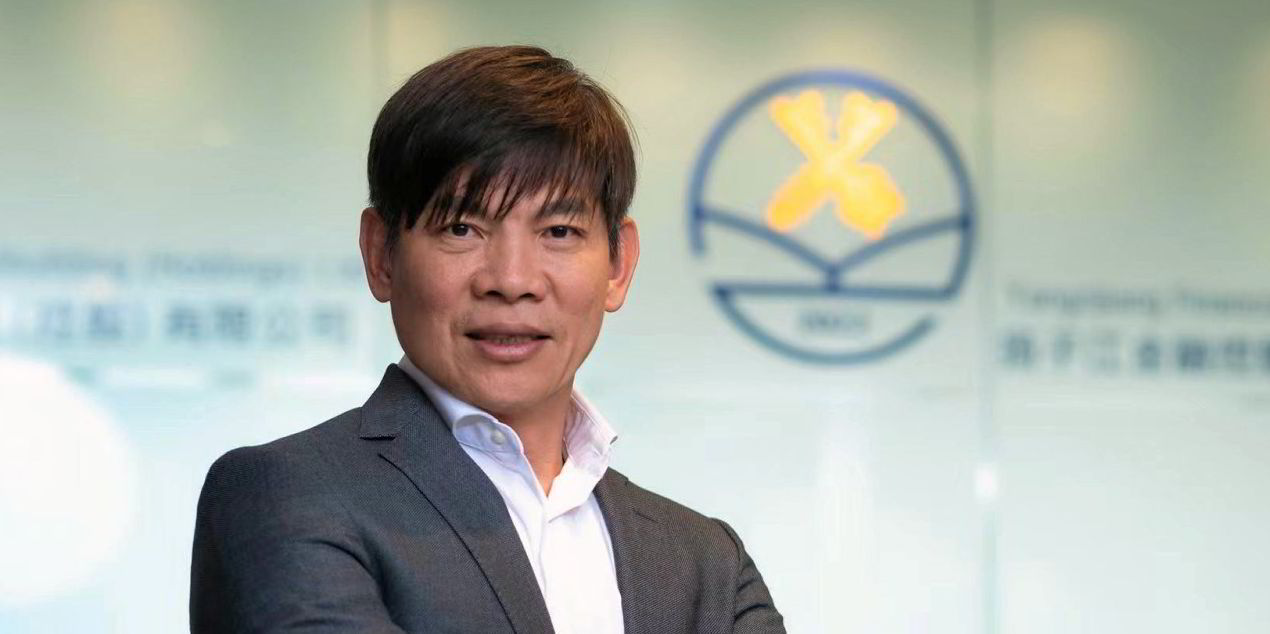Yangzijiang Financial says it has boosted the target size for its maritime investment fund by 20% to $600m as it looks to take advantage of opportunities in green shipping.
The Singapore-listed company said it has already earmarked $300m of the fund for investments into eco, modern, efficient maritime assets, according to a regulatory filing on the Singapore Exchange.
The company says the Singapore-based fund is supported by its financial leasing team in China, which enables it to offer investors a “unique fund proposition that combines the … group’s financial and shipping capabilities”.
Yangzijiang Financial said the fund currently manages a diverse portfolio of 37 ships but did not disclose the makeup of the fleet.
“This mix aims to optimise returns, with the fund demonstrating a strategic balance between owned and leased assets to maximise profitability,” the company said.
“The fund is currently experiencing an upward trajectory in business momentum, but we remain cautious, only deploying capital into new projects that maximise risk-adjusted returns. The group aims to establish a strong reputation and track record in this specific area.”
Yangzijiang Financial said the group intends to underwrite projects that can generate a minimum 8% return on equity, net of expense, for the fund.
On distinguishing itself from its competition, typically banks, the company said it “focuses on niche market segments, such as renovating and financing older ships, areas typically overlooked by traditional banking institutions due to perceived elevated risks”.
“This strategic positioning allows the group to partner with smaller shipyards and reputable shipping companies, expanding its business channels without directly competing with banks on newer ship financing,” the company added.
Yangzijiang Financial also provided more background on the impact the departure of chief executive Vincent Toe will have on the company.
“Vincent’s departure does not spell the end of our collaboration. Instead, we expect to capitalise on Vincent’s strong financial expertise and network in Singapore and the group’s market-leading position in China’s shipbuilding sector to turn Yangzijiang Financial into a niche fund manager with a unique value proposition in Asia,” the company said.
“This leadership change is, therefore, a catalyst for exploring new business avenues and driving growth. It also highlights our strategic commitment to the region.”
Toe announced his departure in October last year to pursue other interests and he remains at the helm of the company to provide continuity during the transition period until his departure on 24 April 2024.
Enhancing stakeholder communication
Yangzijiang Financial, which was spun off from China’s largest privately owned shipbuilder Yangzijiang Shipbuilding in April 2022, said it was making the disclosure to improve communication and engagement with stakeholders.
“With the spinoff, the group aims to create a more diversified portfolio across asset classes and geographies to maximise risk-adjusted returns for shareholders,” it said.
“The IPO prospectus states that in the three years after the spin-off, that is, by April 2025, the group’s investment asset allocation will be 50% in China and 50% outside China. This goal will likely be achieved within the first half of 2024, earlier than the original target.”
The company says it splits its operations between China and Singapore, with each division “focusing on leveraging local and international business opportunities within their respective domains”.
“This strategic division allows for a tailored approach to market engagement in China, concentrating on domestic ship-related investment opportunities,” the company said.
“Singapore is the group’s strategic hub for fund management, extending its reach to global markets, including the US and UK.”
Yangzijiang Financial is currently sitting on a large cash pile of over SGD 1.4bn ($1bn) and is looking to use these funds to “enhance shareholder value”.
The company is committed to paying 40% of its annual earnings in dividends and measures such as share buybacks.
“The decision for any listed company to continue or halt share buyback activities is typically based on a careful evaluation of the company’s financial priorities and objectives,” Yangzijiang Financial said.
“The group will continue to repurchase its own shares at opportune moments, after taking into account the prevailing market conditions and other relevant factors. Additionally, we will seek to renew our share repurchase mandate at the upcoming annual general meeting.”





